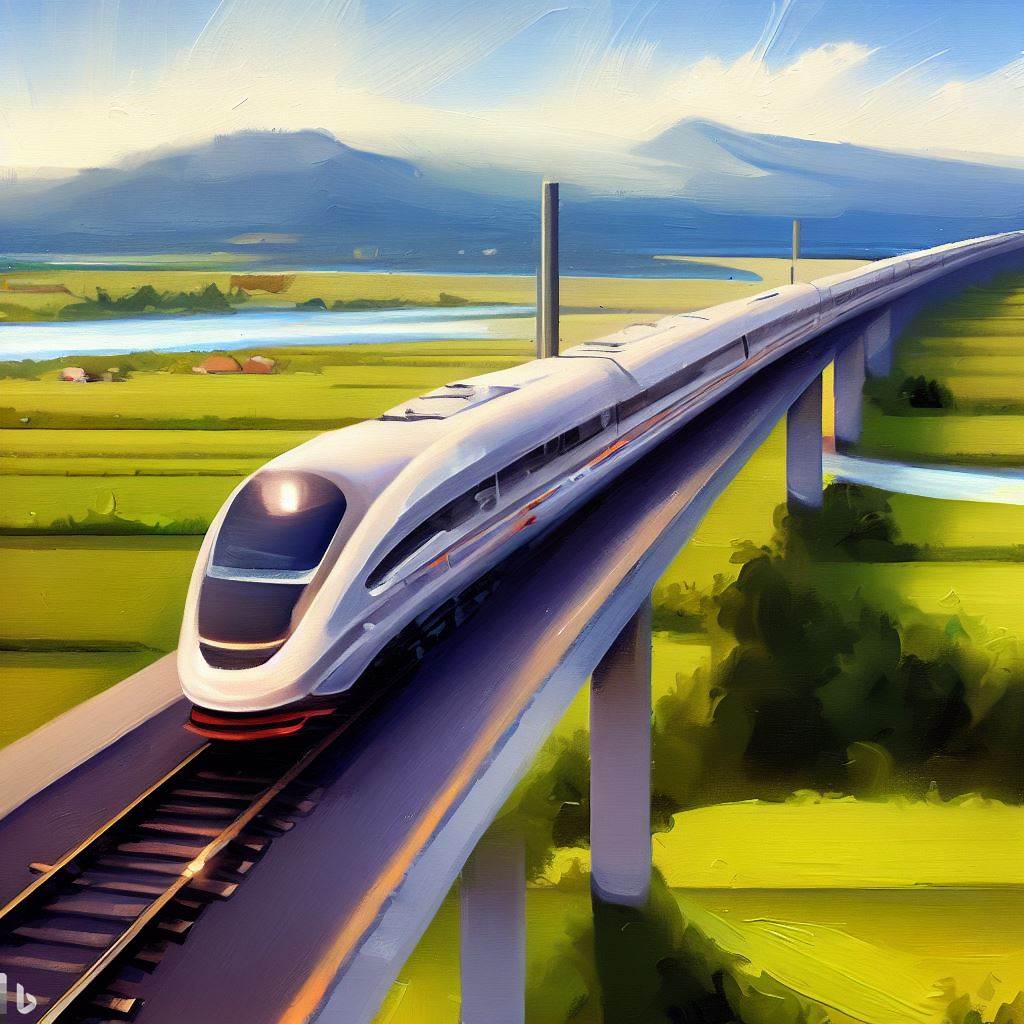If someone doesn’t know what I’m referring to, 996 refers to working 9am-9pm 6 days a week, which some Chinese companies enforce (or enforced) on their employee. Jack Ma, for example, has spoken in support of it.
Wikipedia says that the Supreme People’s Court deemed it illegal in 2021. I don’t know about China’s court system in detail (or any country’s, really) but my understanding is that cases go to a higher court if someone successfully appeals the decision of a lower court. Shouldn’t something like a 72 hour workweek be stricken down before reaching the supreme court?
I’ve heard that Huawei still enforces this, for example. I don’t have sources because I’ve heard it from someone with Chinese acquaintances, so some fact-checking is appreciated.
The Supreme People’s Court didn’t deem “996” illegal in 2021, it was illegal all along, what it actually did is include examples of “996” in a list of typical labor disputes: (Chinese article) 2021-08-26 https://www.court.gov.cn/zixun-xiangqing-319151.html. The actual government entities handling the cases were local “Labor Dispute Arbitration Committees”, some went to court.
996 is definitely still a thing, I don’t know how widespread it is, but it’ll probably still be around for a long while.
it was illegal all along, what it actually did is include an example of “996” in a list of typical labor disputes: (Chinese article, first example is the “996” case)
Ok, that makes way more sense.
but it’ll probably still be around for a long while
Why are they letting it slide? Won’t everyone who worked 996 eventually hate the government?
Why are they letting it slide?
I’m sure that if the solution was as simple as strictly and proactively enforcing labor laws, the government would be trying that, rather than build up discontent. Another possibility is that some local governments are turning a blind eye to top economic contributors in the region.
Having normal working hours for jobs that were previously 996 or even 007 might result in a significantly lower income due to lack of overtime pay. Examples of this are low-barrier factory jobs that basically pay the minimum income and a sizable portion of income comes from overtime hours. Other examples at the other end of the income spectrum, where high-paying tech jobs have even higher pay due to overtime hours.
This is probably a complicated topic that is affected by factors like having a large working population, not enough jobs to match the growing population of people who have undergone higher education, a developing socialist country that is still facing pressure from the international capitalists, or lots of things that I haven’t thought about.
In short, maybe the solution is really as simple as enforcing the law, maybe not, personally I think it’s a complicated issue.
The prevailing attitude for a lot of chinese workers is ‘work hard to build socialism for tomorrow’, having spent some time in China, the insane work week is sort of how China manages to build so much stuff so quickly.
not enough jobs to match the growing population of people who have undergone higher education
This is exactly the thing you need to abolish 996, isn’t it? If there’s not enough jobs, then you can split one job between two people. Obviously it’s not that easy for every sector, but it should be feasible for factory work.
Which brings me to my next point: I guess 996 could be ignored if it’s only for the top tech companies and young people had other viable alternatives. A point of reference would be Silicon Valley. I’m aware they expect overtime there too, maybe less though, or maybe the same without a catchy name like 996, I don’t know. But if people working low income jobs are coerced to working overtime because their pay won’t be enough otherwise, then it seems like a big issue.
Like I’ve mentioned, some factory jobs have low barrier to entry, having two people work normal hours instead of one working extra long hours would mean that the two people would each get less income, while the factory would have to pay social insurance for an extra person (if they do pay for social insurance in the first place).
You might have misunderstood what I’m saying, there aren’t enough “good” jobs for people who have undergone higher education, they are more reluctant to take jobs that have low barrier to entry, whether it’s because those jobs aren’t in the same field they took a degree in, or they think they’re too “good” for those jobs.
At this point maybe you’d ask why don’t corporations just raise the basic income for existing 996 jobs, well there’s the problem isn’t it!
It’s mostly a thing at top tech companies in Shenzhen and Shanghai like Huawei and Alibaba. It sucks, but the pay matches. However many people are choosing to work at smaller companies and SOEs which have a better work culture.
Someone I met in China told me that people who work in tech work 996.
This is how it was conveyed to me as well.
It’s illegal to enforce, so it gets couched in terms like “company culture” and “encouraged” instead. Companies use weasel words to get around contracting workers for 9-9 six days a week while still having the culture.
Here you go, comrade. :)
for China it will be always 996 unless it raises the Gdp/capita and ruin the EU and US economy for good. US and EU middle class enjoys good working hrs by the benefit of exploitation of the 3rd world .





